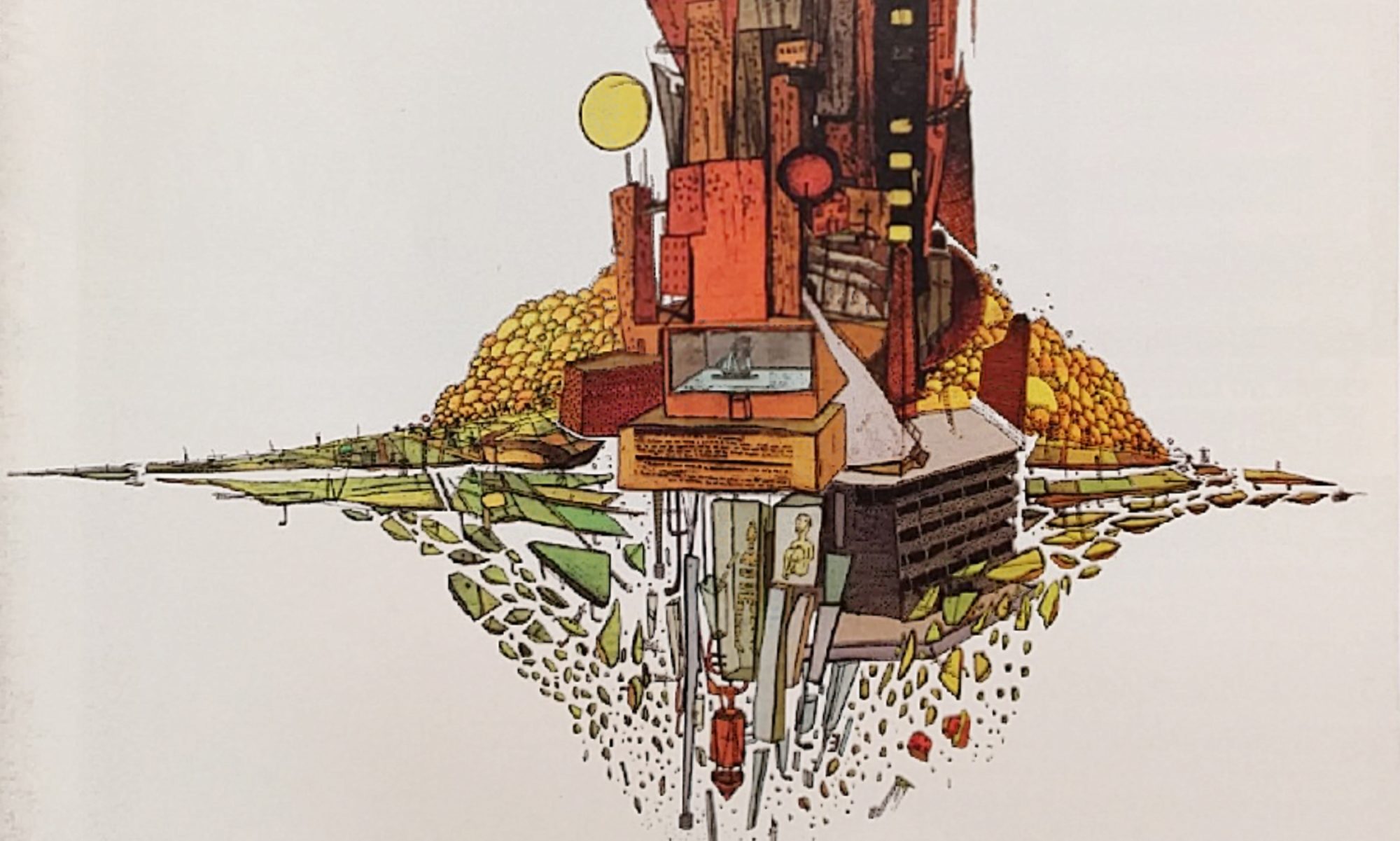by Sheldon Birnie
“I think of [Winnipeg] as a really tough city, a city that has survived a lot,” Simone Schmidt, lead singer of Toronto based country band One Hundred Dollars, told me when I had the opportunity to chat with her on CKUW last week. Currently on the road supporting their latest release, Songs of Man, the band will be passing back through Winnipeg on Tuesday, November 15 after playing the West End Cultural Centre earlier this fall with Elliott Brood.
“I feel like there’s a grittiness to Winnipeg that I really dig. When you come from a city like Toronto, where I’m from, where there’s just so much new money pumping into it that it sort of allows people to deny history, and deny the past because buildings are always being torn down and built up new.”
Our conversation was cut short a couple times, as the band was driving the Crow’s Nest Pass between Fernie and Nelson, B.C. The mountains were wreaking havoc with Simone’s cell reception, but we managed to have a great conversation about country music nonetheless. I also caught up with her a few days later, exchanging text messages as the band boarded a ferry from Vancouver to the Island.
“Country music in particular makes more room for explicit story telling than most other genres and in that sense it’s relatable to people,” Simone says of country music’s appeal. “And it is generally tragic music, hurting music. Most people feel that.”
“I think I first fell in love with country music when I was about 15,” Simone explained to listeners last Friday. Visiting her brother, who is a bluegrass musician in Nova Scotia, Simone stumbled upon the voice of George Jones in a cabin with electricity, but no running water. “[The cabin] had a 5 CD disc changer. I started playing, by chance, George Jones on the CD player. A song called ‘Just One More’ came on and I freaked out in my mind. I didn’t ever know that anyone could sing with that much emotion. After that I was obsessed with George Jones for years, I listened to him all the time, and I kind of taught myself how to sing by singing along to George Jones.”
From that first introduction to country, Simone explained that she quickly “got into blue grass music because that’s what my brother was into and I look up to him a lot and loved the harmonies and the virtuosity of the musicianship. I got really into the 70’s era of grass players who were sort of rejected by the purists, like the Seldom Scene and Old & In The Way. They picked the best songs and crossed out if bluegrass quite a bit.”
“Because I was born in the 80’s, I had so many distinct eras of country to sift through and find my favorites,” she continued. “Jones’ catalog was expansive and I just sort of got deep in it. Later I got into Tom T. Hall’s writing and so I’d listen to whoever was recording his songs. I was really struck by Bobbie Gentry too, but her career was so short. And then I got into Dolly who I think was the most courageous writer in terms of certain stories she was telling, like ‘Down from Dover.’ A true feminist.”
I asked Simone whether she felt any contemporary country artists were doing similar work to One Hundred Dollars. Not really, she replied, but directed me to some of her favourite contemporary acts.
“There’s a band out of Toronto called the Pining who’s got a great writer in it, her name’s Julie Faught who’s writing some really beautiful songs,” she said. “There are six members in that band, and they’re all writing great stuff. You should check them out for sure. I’ve been listening to a lot of Dwight Yoakam lately. I also really like the Foggy Hogtown Boys, which are a bluegrass band in Toronto. They’ve really inspired me over the years. And everyone should check out John Showman, who’s a great fiddle player from a band called New Country Rehab.”
Simone clearly commands a wealth of knowledge on the subject of country music, and I felt I could keep asking her questions for hours. However, there’s only so much time in a day, so I called it quits as the band rolled into Victoria, and the sun set in Winnipeg. Make sure to check this band out when the Highway brings them to Pop Soda’s on November 15th. It’s gonna be a good night for country music, I guarantee it.






